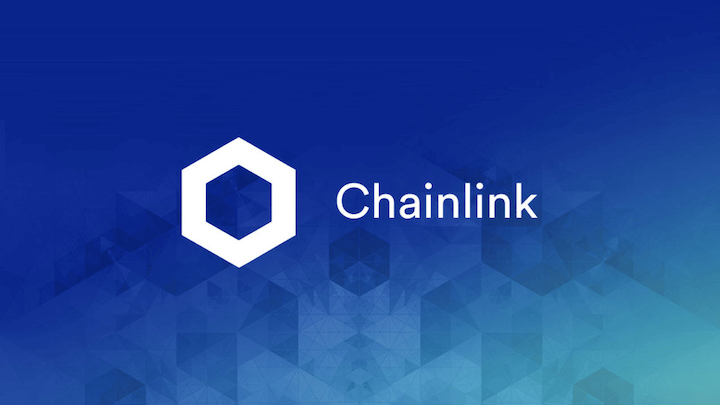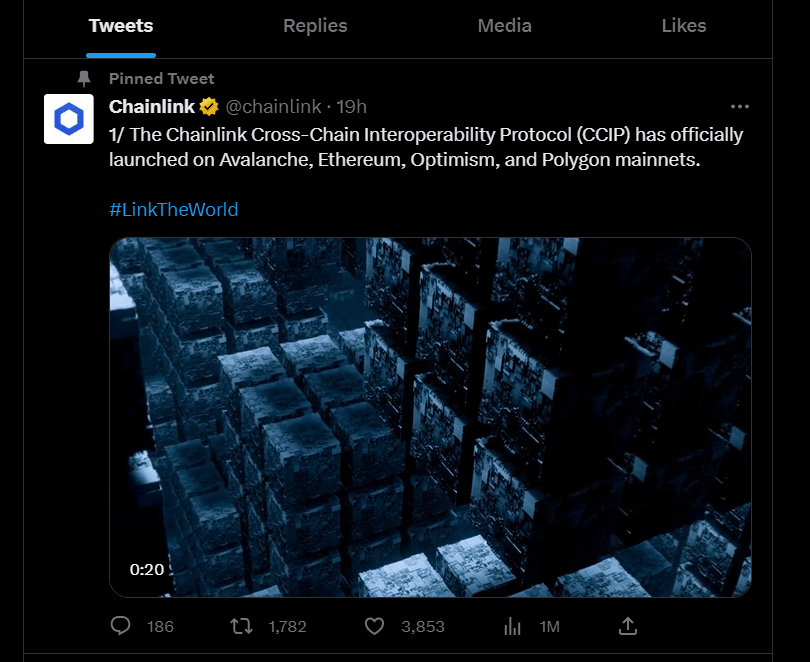
In the dynamic world of blockchain technology, interoperability has emerged as a key challenge. Seamlessly connecting applications across different blockchains is crucial for the industry’s growth and widespread adoption. Addressing this critical need, Chainlink, a pioneering blockchain project, has launched the early access phase of its Cross-Chain Interoperability Protocol (CCIP). This groundbreaking development heralds a new era of connectivity, enabling a seamless bridge between public and private blockchains. With CCIP, Chainlink is poised to revolutionize the blockchain ecosystem by fostering collaboration and driving innovation. Let’s delve deeper into the significance of this milestone.

Table of Contents,
Bridging the Gap
Chainlink’s CCIP offers a powerful solution to one of the biggest obstacles hindering blockchain’s potential: the need for interoperability. Historically, blockchains have operated as isolated islands, each with rules and limitations. This fragmented landscape has limited collaboration and hampered the development of comprehensive blockchain solutions. CCIP opens up a world of possibilities for developers and businesses by providing a seamless connection between disparate blockchains.
Expanding Application Reach
Of all the recent crypto news, the launch of CCIP marks a significant step towards enabling cross-chain communication, allowing applications to interact with multiple blockchains simultaneously. This breakthrough technology unlocks a wide range of use cases and benefits. Developers can now access and utilize the unique features of different blockchains, leveraging their strengths and mitigating their weaknesses. This versatility paves the way for blockchain-based applications’ enhanced scalability, security, and functionality.
Fostering Collaboration and Innovation
CCIP empowers developers to build next-generation applications that transcend the limitations of any single blockchain. This cross-chain connectivity seamlessly transfers assets, data, and value across disparate networks. Such interoperability sparks collaboration among developers and encourages sharing of ideas and best practices. By fostering an open ecosystem, Chainlink’s CCIP creates an environment where innovation thrives, and breakthroughs are made.
Connecting Public and Private Blockchains
One of the most exciting aspects of Chainlink’s CCIP is its ability to bridge the divide between public and private blockchains. While public blockchains offer transparency and decentralization, private blockchains provide enhanced privacy and control. CCIP enables the secure transfer of information and assets between these contrasting blockchain environments, empowering businesses to harness both advantages. This compatibility greatly expands the possibilities for enterprises seeking to leverage blockchain technology.
Enhancing Security and Reliability
Interoperability poses significant challenges in terms of security and reliability. Chainlink’s CCIP tackles these concerns head-on by leveraging its decentralized Oracle network. Oracles provide trusted off-chain data and real-world information to blockchain applications. By utilizing Chainlink’s proven Oracle infrastructure, CCIP ensures the integrity and reliability of data transfers between blockchains. This robust security framework inspires trust among developers and users, further propelling the adoption of interconnected blockchain applications.
Conclusion
Chainlink’s early access launch of the Cross-Chain Interoperability Protocol (CCIP) marks a monumental milestone for the blockchain industry. CCIP paves the way for collaboration, innovation, and the development of comprehensive blockchain solutions by providing a seamless bridge between public and private blockchains.
With enhanced scalability, security, and functionality, CCIP unlocks the true potential of blockchain technology, revolutionizing the way applications interact across different networks. As the blockchain ecosystem moves towards a more interconnected future, Chainlink’s CCIP stands at the forefront of this transformation, empowering developers and businesses alike to create a decentralized world of limitless possibilities.



